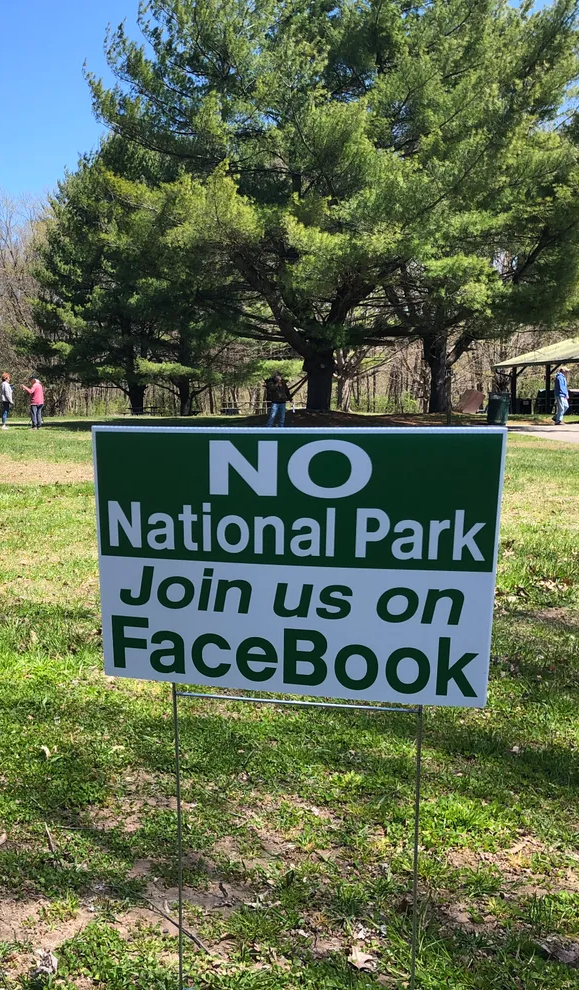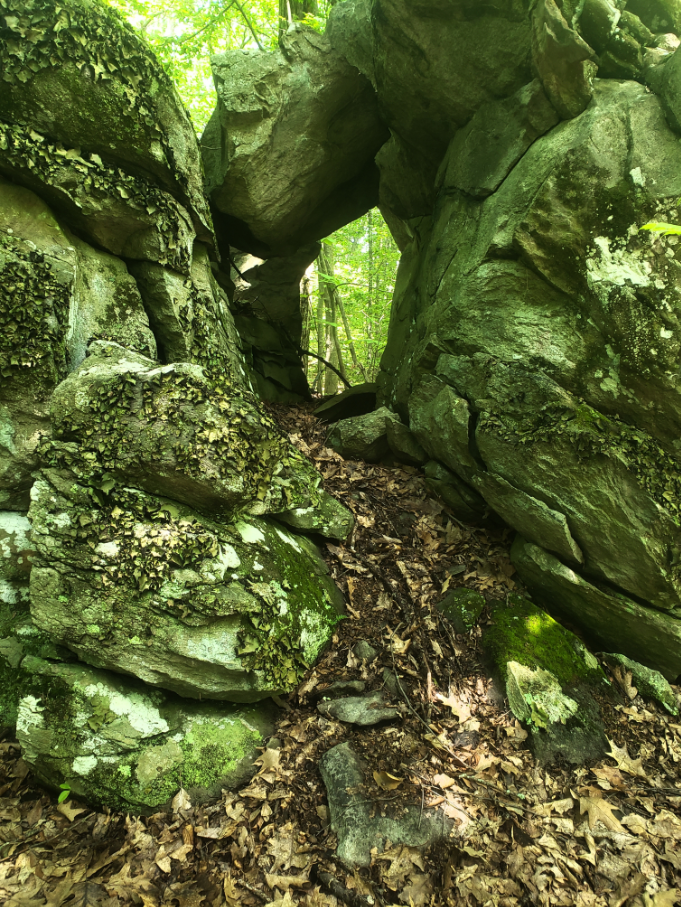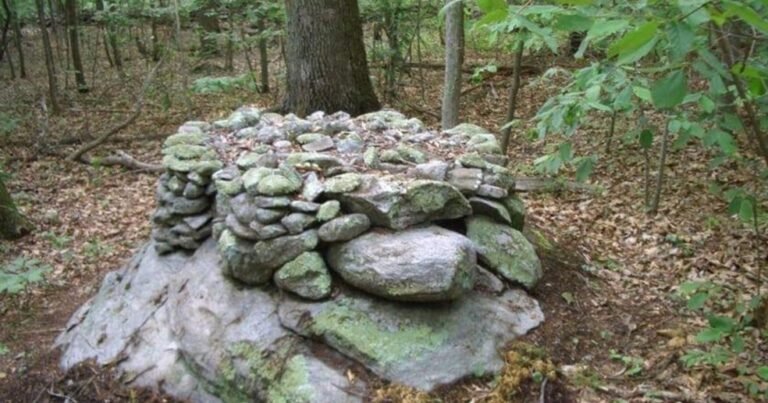Environmental Justice
The Ramapough Culture and Land Foundation aims to safeguard the environment, uphold the rights and traditions of our community, and foster a sustainable future that honors our deep connections to the land.
The town of Ringwood and the state of New Jersey gave the Ford Motor Company permission to dump 256 million pounds of toxic waste around our homes and sacred mountains in the 1960s. This environmental calamity is an ongoing battle against a toxic legacy that has decimated our community, leaving a trail of illness, suffering, and violated rights. Our lands, once the bedrock of our culture and livelihood, now serve as a stark emblem of corporate negligence and environmental injustice.

Our Initiatives

1
Superfund Site Impacts
Located atop a Federal Superfund site, the Ramapough community has faced severe environmental challenges due to the dumping of toxic waste by the Ford Motor Company.
This issue, highlighted in the landmark case Mann vs. Ford, symbolizes one of the most significant environmental injustices in history. Our foundation works tirelessly to address the lasting impacts of this contamination, advocating for proper cleanup and recognition of the harm caused to our community and lands.
SUPERFUND SITE History
DRAG TO SCROLL AND EXPLORE
Pollution Begins
Ford Motor Company begins dumping paint sludge and other industrial waste from its Mahwah plant into the lands of the Ramapough Turtle Clan in Ringwood, NJ.
Continued Pollution & Fires
Toxic dumping continues, leading to underground fires and widespread environmental contamination. The community experiences increased health problems.
Community Awareness and Initial Complaints
As health and environmental conditions worsen, the community becomes increasingly aware of the contamination and its impact. Initial complaints and pleas for help begin.
Superfund Site Designation
The Environmental Protection Agency (EPA) designates the Ringwood Mines/Landfill site as a federal Superfund site, acknowledging its hazardous contamination.

EPA Delists Site
The EPA falsely declares the site cleaned up and removes it from the Superfund list. However, the cleanup is later deemed inadequate.

Public Exposure
Jan Barry’s “Toxic Legacy” investigative series is published, bringing renewed attention to the contamination and its impact on the Ramapough community.

Superfund Relisting
The EPA relists the Ringwood Mines/Landfill site as a Superfund site after the discovery of remaining contamination, making it the first site in Superfund history to be relisted.

Mann vs. Ford
The Ramapough file a lawsuit against Ford Motor Company, the Borough of Ringwood, and other parties, seeking damages and remediation for the pollution and its health impacts.

"Mann vs. Ford" HBO Documentary
The documentary “Mann vs. Ford” airs, highlighting the legal battle and the plight of the Ramapough community.

Lawsuit Settlement
Ford eventually settled for $10M, while admitting no liability for the residents’ claims of health problems caused by the waste.

New Jersey sues Ford
New Jersey officials sue Ford Motor Company, alleging that the automaker contaminated the ancestral homeland of a Native American tribe by dumping paint sludge and other pollutants into a former mine.

NYU Study Updated to Reflect Current Contamination Impacts
This study aims to evaluate self-reported exposure to the Ringwood Mines/Landfill Superfund Site in relation to chronic health outcomes among members of the Ramapough Lunaape Turtle Clan nation.

The battle for environmental justice continues!

2
Opposition to National Park Designation
The proposal to turn the Delaware Water Gap National Recreation Area into a national park has been met with opposition from the Ramapough Culture and Land Foundation.
Our concern lies in the potential impact on sacred lands and the disruption of our traditional practices. We believe that such a designation could further disconnect our community from crucial aspects of our cultural heritage and environmental resources.
“...To turn this into a national park, is going to be one of the most destructive things to happen since colonization.”
- Chief Vincent Mann

3
Protection of Ceremonial Stone Landscapes
Land rights are fundamental to preserving our ceremonial stone landscapes, which are not only vital to our cultural practices but also integral to our identity as a people.
Our advocacy extends to protecting these sacred sites from development pressures and external threats. We strive to ensure that our ancestral lands are respected and preserved for future generations of the Ramapough people.


